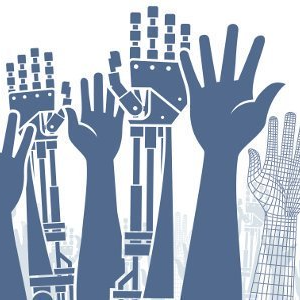Please note that this newsitem has been archived, and may contain outdated information or links.
8 October 2010, Computational Social Choice Seminar, Cédric Dégremont

Abstract
We study a model where a group of self-interested agents negotiate over a set of resources. The agents believe that at the end of the negotiation phase a certain randomisation will take place: either the bundles of resources the agents have accumulated will get reassigned to other agents, or the valuation functions the agents use to assess the values of these bundles will get reassigned, or both. The uncertainty as to which combination of valuation function and bundle an agent will end up with will influence her negotiation strategy. For certain types of uncertainty of this kind and for certain assumptions on the attitude towards risk of the agents involved, it is possible to show that negotiation is guaranteed to converge to an allocation with certain desirable properties, such as maximising egalitarian or utilitarian social welfare. This model of distributed negotiation under uncertainty thus provides a new perspective on theories of social welfare. (This is joint work with Ulle Endriss.)
For more information, see https://www.illc.uva.nl/~ulle/seminar/ or contact Ulle Endriss (ulle.endriss at uva.nl).
Please note that this newsitem has been archived, and may contain outdated information or links.
